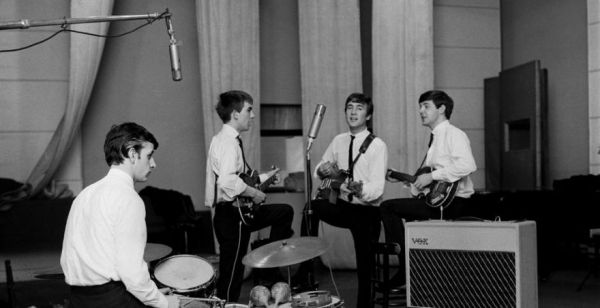On July 9, 1962, folk singer Bob Dylan walked into a studio and
recorded the song that would make him a star: “Blowin’ In The
Wind.”
“This here ain’t no protest song or anything like that, ’cause I
don’t write no protest songs.” That was how Dylan introduced
one of the most eloquent protest songs ever written when he
first performed it
publicly. It was the spring of his first full year in New York City,
and he was onstage at Gerde’s Folk City in Greenwich Village,
talking about “Blowin’ In The Wind,” a song he claims to have
written in just 10 minutes.
Dylan’s recording of “Blowin’ In The Wind” would first be released
nearly a full year later, on his breakthrough album, The Freewheelin’
Bob Dylan.
This was not the version of the song that most people would first
hear, however. That honor went to the cover version by Peter, Paul
and Mary—a version that not only became a smash hit on the pop
charts, but also transformed what Dylan would later call “just
another song” into the unofficial anthem of the civil rights
movement.


Bob Dylan (84)

![Panic - Bill Haley & The Comets [HQ Audio] - YouTube](https://i0.wp.com/i.ytimg.com/vi/yaCSRC5IMgc/hq720.jpg?resize=530%2C298&ssl=1)














